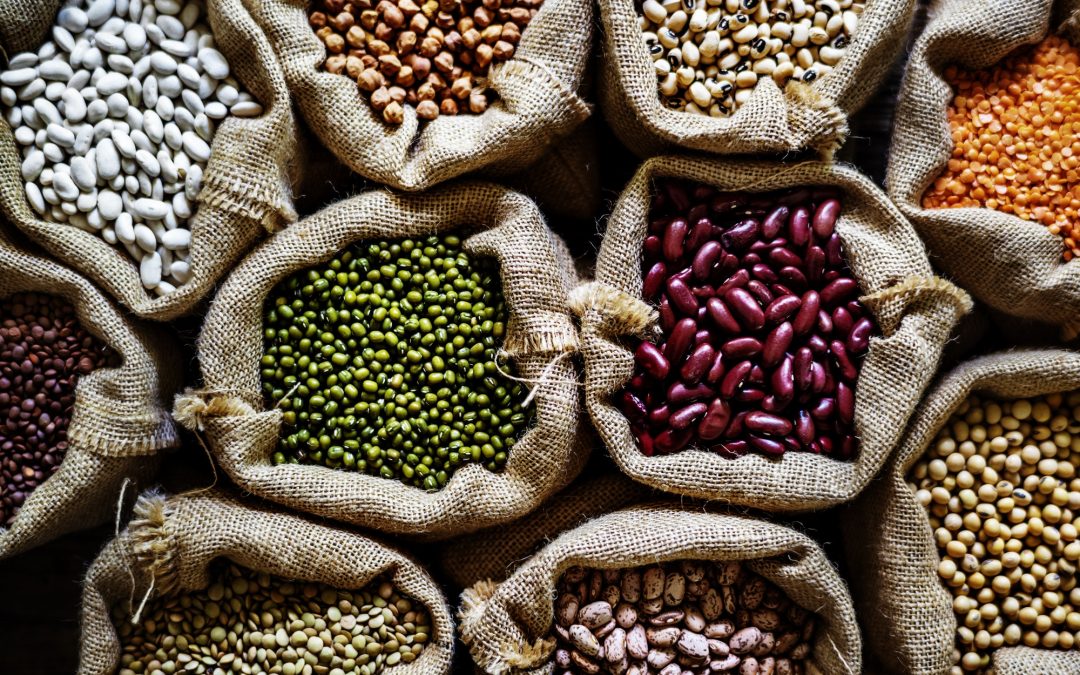High cholesterol levels affect 38% of American adults. What are sterols and can they help lower cholesterol?
Having high cholesterol can negatively affect your heart health. It puts you at a greater chance of getting a heart attack. Therefore, figuring out what to do to lower it is imperative.
An article published in Circulation suggests that adding sterols to food can possibly lower coronary heart disease risk. They also suggested that adding sterols to foods like margarine can potentially help the U.S. population lower their cholesterol.
What Are Sterols?
Plant sterols are a type of substance made in plants. They can be found in grains, vegetables, fruits, legumes, nuts, and seeds.
Since they are thought to have cholesterol-lowering properties, people and manufacturers have started adding them to foods. Nowadays, you can find sterols in margarine, orange juice, cereals, and granola bars.
Furthermore, it works by resembling cholesterol and, therefore, limiting the amount of cholesterol that can enter the body. Some sterols might be able to reduce how much cholesterol is made in the body.
By resembling cholesterol, they can prevent actual cholesterol from entering your bloodstream. Therefore, cholesterol ends up going out of your bloodstream with the waste.
Lowering Cholesterol
 Before starting a new diet, talk to your doctor about your cholesterol levels. Ingesting sterols can lower total and LDL cholesterol levels in people with high cholesterol.
Before starting a new diet, talk to your doctor about your cholesterol levels. Ingesting sterols can lower total and LDL cholesterol levels in people with high cholesterol.
The American Heart Association doesn’t recommend sterols for everyone. It recommends that only people who need to lower their cholesterol or who have had a previous heart attack should use them.
Some foods with sterols include sesame oil, wheat germ oil, mayonnaise, pistachio nuts, olive oil, sage, oregano, thyme, and paprika. They also include almond butter, sesame seeds, and macadamia nuts.
Oatmeal, oat bran, and high-fiber foods
Oatmeal has soluble fiber, which reduces LDL cholesterol. Soluble fiber can reduce the amount of cholesterol absorbed into your bloodstream.
Fish and omega-3 fatty acids
Fatty fish contains high levels of omega-3 fatty acids. These fatty acids can help reduce your triglycerides, blood pressure, and risk of blood clots.
Almonds and other nuts
Almonds and other kinds of nuts can help improve cholesterol. Since nuts are highly caloric, be mindful of how you eat them. Add them to a salad or pair with cheese for a filling snack.
Avocados
Avocados are an excellent source of monounsaturated fatty acids. Research suggests that eating an avocado a day, along with a heart-healthy diet, can improve LDL levels in people who are overweight or obese.
Olive oil
Try replacing unhealthy fats with olive oil; you can cook vegetables with olive oil and make a marinade or salad dressing with it. Olive oil can also substitute butter when you’re basting meat or as a bread dip.
Whey protein
Whey protein can help lower LDL cholesterol, total cholesterol, and blood pressure. You can find it in dairy products or in powder form.
 The Outlook
The Outlook
Changing your diet to help improve your cholesterol doesn’t have to be hard. By following your doctor’s advice and using plant sterols, you can improve your cholesterol and health.
If you need some extra help, try L-arginine Plus. It helps support blood pressure, circulation, cholesterol, and more. Talk to your doctor about plant sterols as well as L-arginine Plus to see if they can give your health the support it needs.

